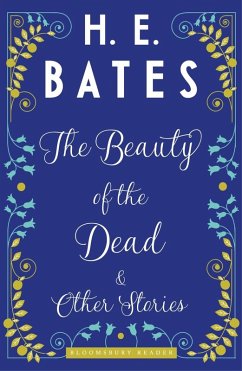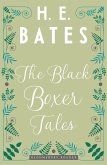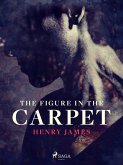The Beauty of the Dead (Jonathan Cape, 1940) featuring fifteen stories, was released to critical acclaim. Pamela Hansford Johnson wrote in John O'London's Weekly that "all have that delicate luminosity by which visions are seen more clearly than in the bright sunlight."
'Old' is a snapshot of an elderly man - no longer appreciated or respected by his children and extended family - during a Sunday tea. He finds a companion in his seven-year-old grand-niece, making animal shapes out of biscuits and eventually falling into a "mesmeric peace" as she brushes his hair.
There is a glimpse of Bates's childhood experiences in 'Quartette', written through the eyes of a music director. The story accounts the attraction between two of the singers which the director worries is breaking up the group, yet on their last song he can feel "the passionate quality of their singing transcending the small hot room and the small bewildered minds". Bates had much personal knowledge of choirs and singing through his father, who was a choir director.
'The Bridge' is narrated by a twenty-two-year-old woman while she and her older sister vie for the attention of the same man. The Spectator praised it as "a masterly short story...courageously conceived... thick with symbolism, it is a triumphant display of control."
For the first time, this collection features the comic bonus story 'Obadiah'. After a tough, poverty-stricken childhood, Obadiah's scheme to make his fortune begins with a pig. He wanted neither children nor romance, but a partner in business, so when he meets a widow with similar values, he wins her over in what becomes a comic sketch of a bickering couple - a rare and brilliant piece of caricature in Bates's canon. Published in the New Clarion (1933), and not republished since.
'Old' is a snapshot of an elderly man - no longer appreciated or respected by his children and extended family - during a Sunday tea. He finds a companion in his seven-year-old grand-niece, making animal shapes out of biscuits and eventually falling into a "mesmeric peace" as she brushes his hair.
There is a glimpse of Bates's childhood experiences in 'Quartette', written through the eyes of a music director. The story accounts the attraction between two of the singers which the director worries is breaking up the group, yet on their last song he can feel "the passionate quality of their singing transcending the small hot room and the small bewildered minds". Bates had much personal knowledge of choirs and singing through his father, who was a choir director.
'The Bridge' is narrated by a twenty-two-year-old woman while she and her older sister vie for the attention of the same man. The Spectator praised it as "a masterly short story...courageously conceived... thick with symbolism, it is a triumphant display of control."
For the first time, this collection features the comic bonus story 'Obadiah'. After a tough, poverty-stricken childhood, Obadiah's scheme to make his fortune begins with a pig. He wanted neither children nor romance, but a partner in business, so when he meets a widow with similar values, he wins her over in what becomes a comic sketch of a bickering couple - a rare and brilliant piece of caricature in Bates's canon. Published in the New Clarion (1933), and not republished since.









